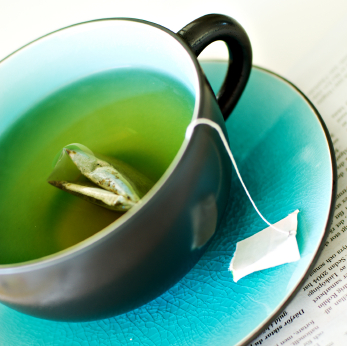 The usually benign yeast Candida albicans can sometimes overgrow in the human gastrointestinal tract and give rise to a complex medical syndrome known as chronic candidiasis, or yeast syndrome. Candidiasis can cause a wide variety of symptoms in virtually every system of the body, with the GI, genital and urinary, endocrine, nervous and immune systems the most susceptible.
The usually benign yeast Candida albicans can sometimes overgrow in the human gastrointestinal tract and give rise to a complex medical syndrome known as chronic candidiasis, or yeast syndrome. Candidiasis can cause a wide variety of symptoms in virtually every system of the body, with the GI, genital and urinary, endocrine, nervous and immune systems the most susceptible.
Sometimes, chronic candidiasis can be extremely resistant to treatment. This resistance may be the result of candida cells aggregating to form a biofilm. Biofilms can also be caused by certain foods and sublethal doses of antibiotics. Not only do biofilms make it much more difficult to get rid of candida, but they can grow and cause an infection.
Green Tea Polyphenols’ Effect on Biofilms
Green tea is associated with a number of health benefits due primarily to its polyphenol components. These polyphenols have been shown to have:
- Antioxidant effects
- Anticarcinogenic effects
- Protection against cardiovascular disease
- Possible weight loss–promoting effects
- Complex antimicrobial effects

Because green tea polyphenols display both antimicrobial and strong cancer-preventive properties, researchers decided to evaluate their effect on candida biofilm. Cultures treated with 1.0 micromol per liter of epigallocatechin-3-gallate (eGCG), the most abundant polyphenol in green tea, had a 75 percent reduction in the number of viable cells during candida biofilm formation. What was really incredible was that established biofilms treated with eGCG were reduced by 80 percent. Identical concentrations of other green tea polyphenols such as epigallocatechin and epicatechin-3-gallate had similar results. Furthermore, additional investigation found that green tea polyphenols disrupt candida metabolism and structural components.
The significance of this study is extreme as it opens up the possibility that green tea extract may become an important component in the treatment of health conditions associated with biofilm formation, including chronic candidiasis.
Reference:
Evensen NA, Braun PC. The effects of tea polyphenols on Candida albicans: inhibition of biofilm formation and proteasome inactivation. Can J Microbiol. 2009 Sep;55(9):1033-9.



